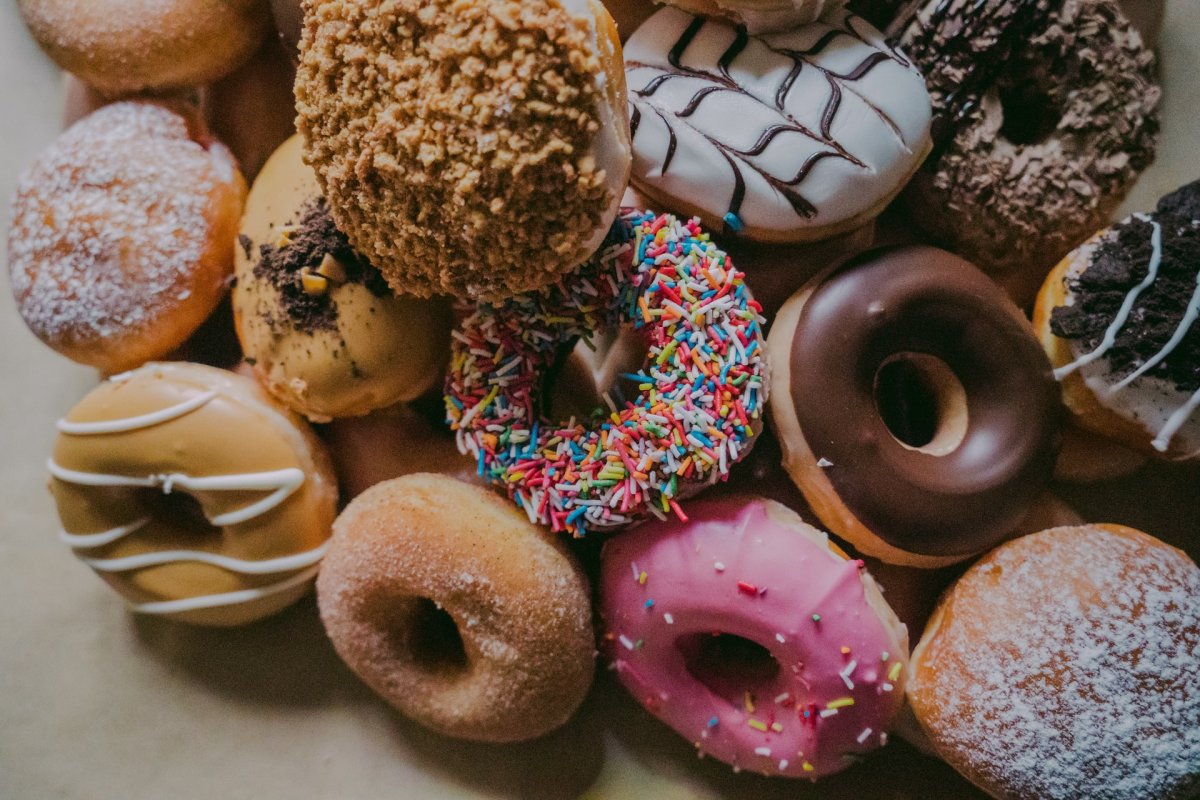
When dementia affects the frontal and temporal lobes of the brain, there may be distinctive signs of the disease.
Unlike more common types of dementia, such as Alzheimer's disease, frontotemporal dementia may not cause memory loss in the early stages. The parts of the brain affected by frontotemporal dementia are responsible for personality, behavior, and speech. It appears that a third of people with this disease have a genetic link.
People aged 40 to 60 suffer most often, two types of frontotemporal dementia are distinguished.
The desire to constantly eat sweets can be a sign of dementia -temporal dementia (bvFTD) and primary progressive aphasia (PPA).
The behavioral variant can lead to:
- Decreased motivation< /li>
- Lack of interest in things one used to enjoy
- Inappropriate behavior, such as obscene comments, staring, being overly familiar with people.
- Lower empathy
- Difficulty concentrating on tasks
- Compulsive or repetitive behaviors such as repeating phrases or gestures, hoarding
- Difficulty planning , organization and decision-making
- Lack of awareness of changes in oneself
Frontotemporal dementia, a primary progressive type of aphasia, differs from a behavioral variant in that it tends to affect speech rather than behavior.
Symptoms of PPS may include:
- Difficulty remembering, looking up, or understanding words
- Gradual loss of vocabulary
- Forgets what common objects are and what they are for, such as a teapot , toaster, keys.
- Difficulties in the use of speech, including the construction of sentences and the correct use of grammar
- Difficulties in speaking, such as hesitating, using shortened sentences, or using the wrong words
- Hard to find words
- Stop talking in mid-sentence while looking for the right word.
Important! Information provided for reference purposes. Ask a specialist about contraindications and side effects and under no circumstances self-medicate. At the first sign of illness, consult a doctor.
